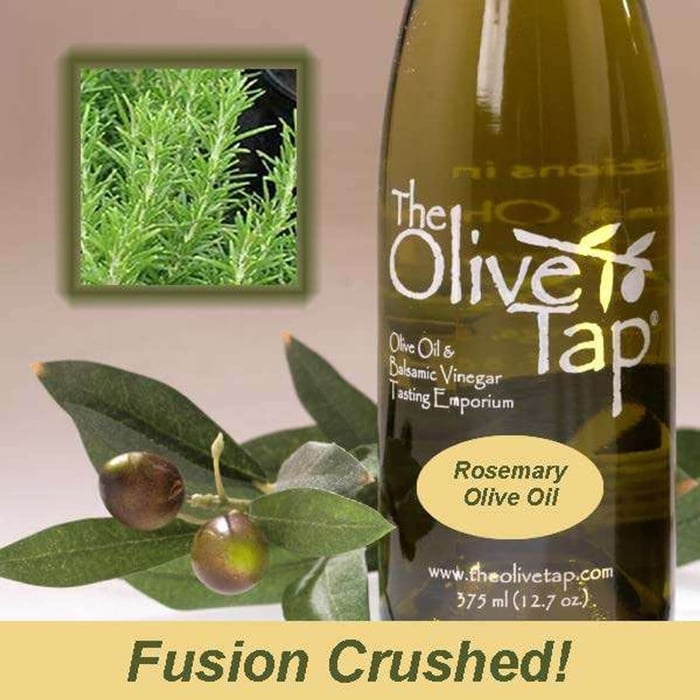Our Blog

The Active Components of Olive Oil
Olive oil provides the body with great protection against obesity, diabetes, and heart disease. Many regard olive oil as a “superfood”. It is also a staple of the Mediterranean diet which historically has led to increased longevity and lower rates of cancer, hypertension relative to the rest of the planet. So one might ask, just what are the active components of olive oil?
Olive oil possesses these special effects, because of its balanced chemical composition that is rich in monounsaturated fatty acids, polyunsaturated fatty acids, and vitamins. The makeup of the olive oil includes Vitamin K and E, Omega-6, Omega-3, saturated fat, and monounsaturated fat. Oleic acid is found in olive oil at a much higher rate than other vegetable fats. Oleic acid is a monounsaturated omega-9 found in olive oil. The importance of oleic acid comes into play when establishing whether or not an olive oil can be considered and extra virgin olive oil. The Fatty Acid profile must be comprised of at least 55% oleic acid in order for the olive oil to be considered as extra virgin olive oil.

Frequent consumption of extra virgin olive oil can lead to healthy arteries and improved cholesterol. The oleic acid in extra virgin olive oil helps to achieve that. Other extra virgin olive oil antioxidants such as vitamin E also has a positive effect on the human body. One of the aspects of olive oil that is different from other vegetable oils is the fact that other vegetable oils are genetically modified and refined. Extra virgin olive oil is unprocessed and contains no trans-fat. Olive oil is also full of aromas and flavors that can have a bigger impact on the foods you prepare than vegetable oils that are deodorized. If you’ve ever considered whether or not you should use olive oil instead of vegetable oil consider how important the flavor is in the dish you’re preparing.


